Mondays
Film and AIDS: Early Queer Responses to the AIDS Epidemic
Programmed by Daniel Schultz and Alex Wolfson
Drawing from a range of directors, this series surveys a diversity of aesthetic reactions to the AIDS epidemic, from queer revolt to Hollywood recuperation. The films negotiate the somatic and psychic pressures of the illness by contesting the moral, racial, sexual, and gendered discourses that surround its experience, presenting film as a site of both political intervention and stylistic experimentation. Films include Gregg Araki's The Living End, Derek Jarman's Blue, and Jonathan Demme's Philadelphia.
This series was supported by The Center for the Study of Gender and Sexuality at the University of Chicago.

1/9/2017 @ 7:00 PM
The Living End
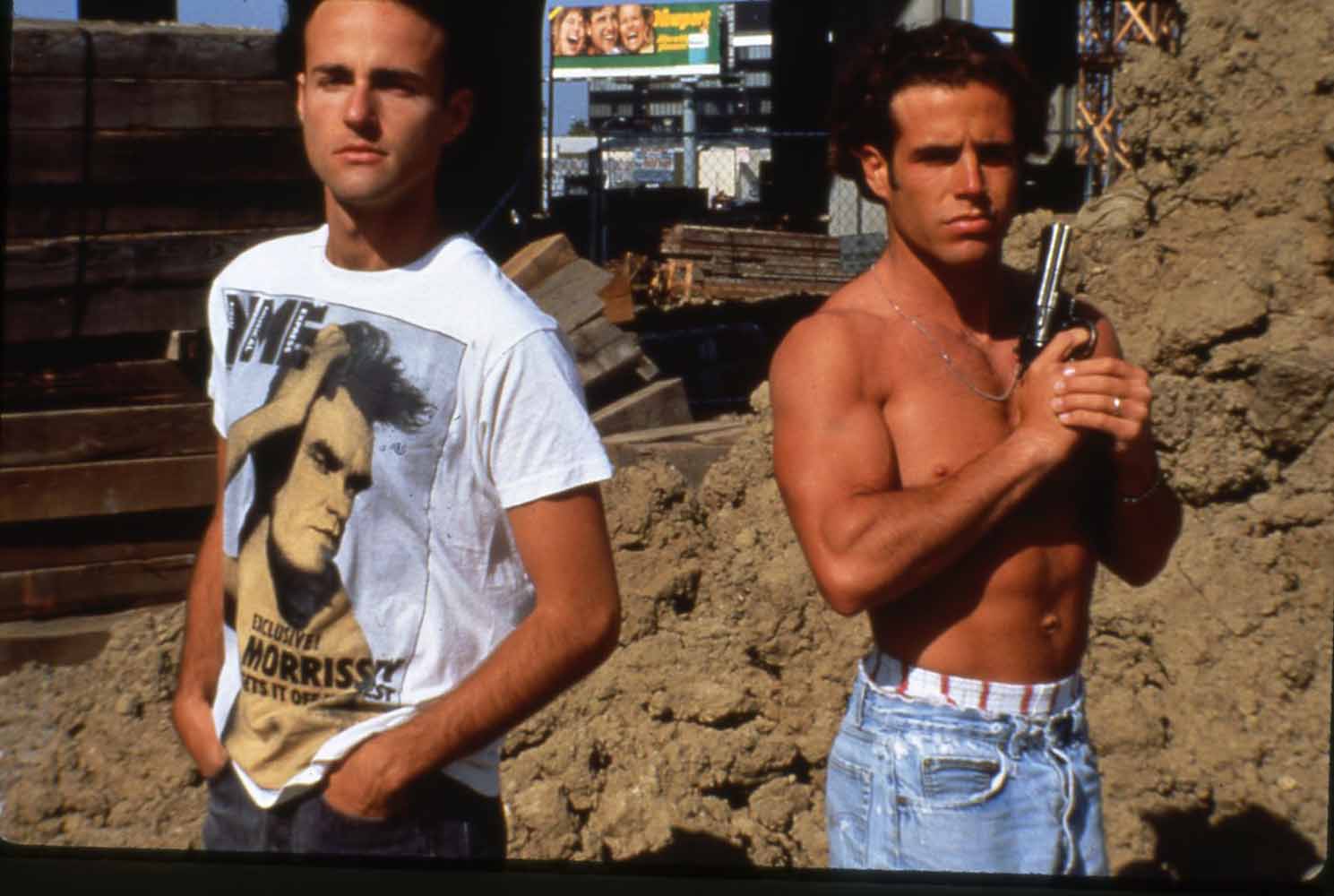
(Gregg Araki, 1992) · This classic of the New Queer Cinema is both sexy and funny, while still taking on the AIDS crisis in a critical way. In this "gay Thelma and Louise", Jon, a timid film critic, takes home Luke, a sexy drifter who turns a supposed one-night stand into a crime-filled road trip. Both HIV positive, they turn their backs on their lives, embracing a new way of living ruled by the motto, "Fuck Everything." This film is a statement against Hollywoodizing of the AIDS epidemic.
runtime: 81m format: Digital
1/23/2017 @ 7:00 PM
Blue
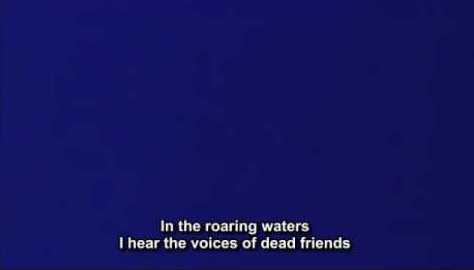
(Derek Jarman, 1993) · In Derek Jarman's final film, made just before the artist died of an AIDS-related illness, a single projected monochrome blue serves as a metonym for his failing eyesight. Jarman and his cast recite a poetic script that explores interpretations of the color blue through narrative vignettes of his illness and a searching spirituality. This provocative film evokes the images it refuses to show, using the medium to invite the viewer into the space of physical deterioration.
runtime: 79m format: 35mm
1/30/2017 @ 7:00 PM
Silence = Death
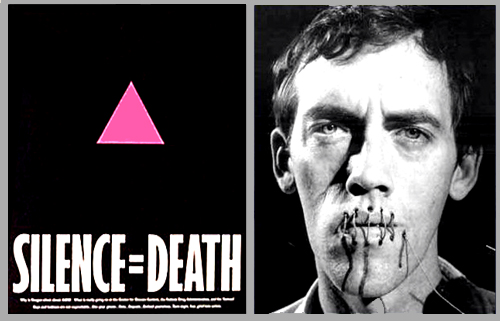
(Rosa von Praunheim, 1990) · The first of Rosa von Praunheim and Phil Zucker's collaborative AIDS trilogy, this documentary explores queer responses to the epidemic by New York-based artists. Interviews with painters such as Keith Haring and poet Allen Ginsberg are interspersed with performance vignettes by David Wojnarowicz that protest the bigoted hypocrisy and moral shaming of AIDS victims. The film, and the activist-inspired art it presents, are calls to action and forms of resisting silence. Print courtesy of the Academy Film Archive
runtime: 60m format: 16mm
2/6/2017 @ 7:00 PM
A Virus Knows No Morals
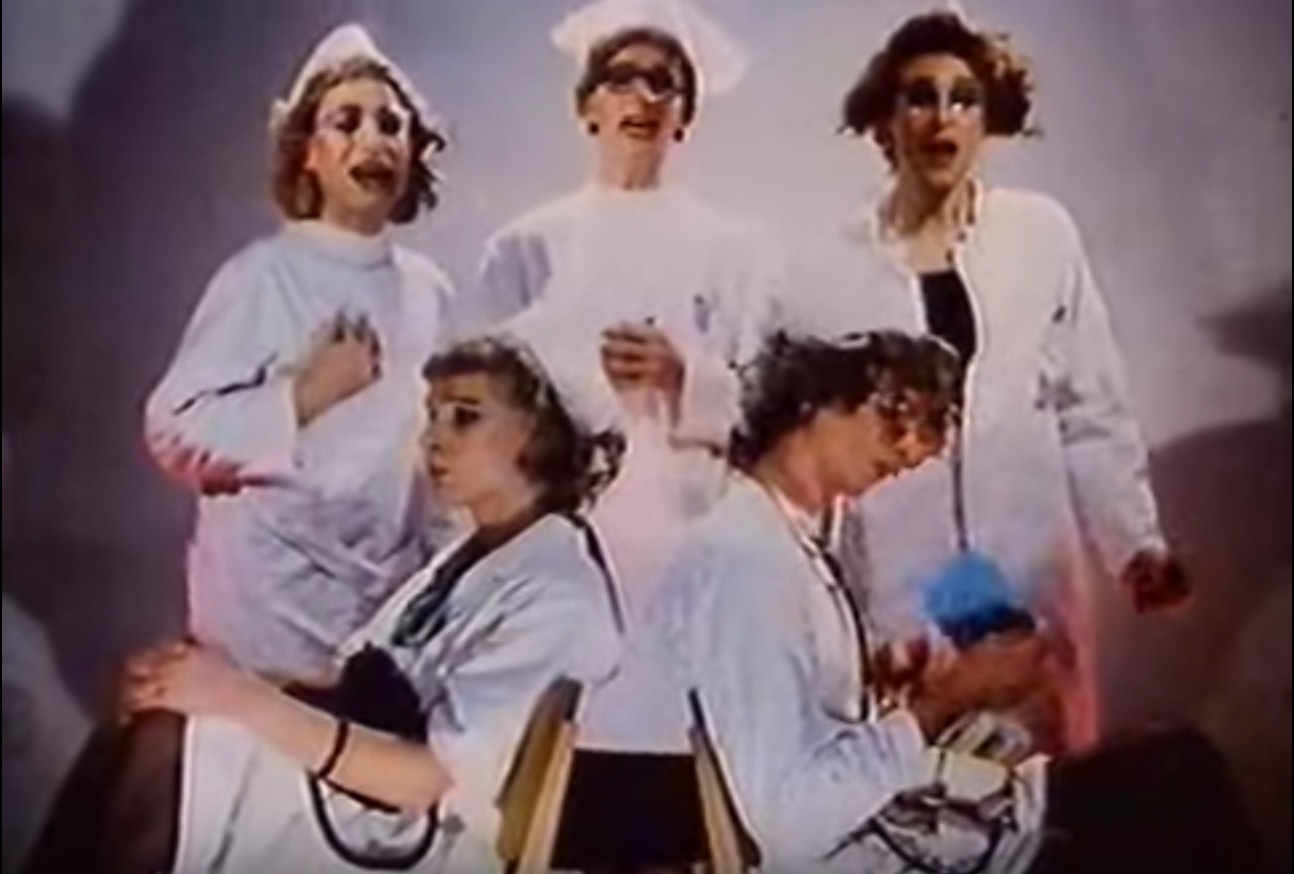
(Rosa von Praunheim, 1986) · Made on a shoestring budget, this dark, campy comedy, performed by unprofessional actors, activists, friends of the director, as well as Rosa himself, was controversial for treating the AIDS crises in comedic form. A Virus Knows No Morals took shots in all directions, at the various institutions responsible—medical, governmental, social—for the exponentially growing body count. An important, irreverent, and entertaining early document in the fight against AIDS. Print courtesy of the Academy Film Archive
runtime: 84m format: 16mm
2/13/2017 @ 7:00 PM
Parting Glances
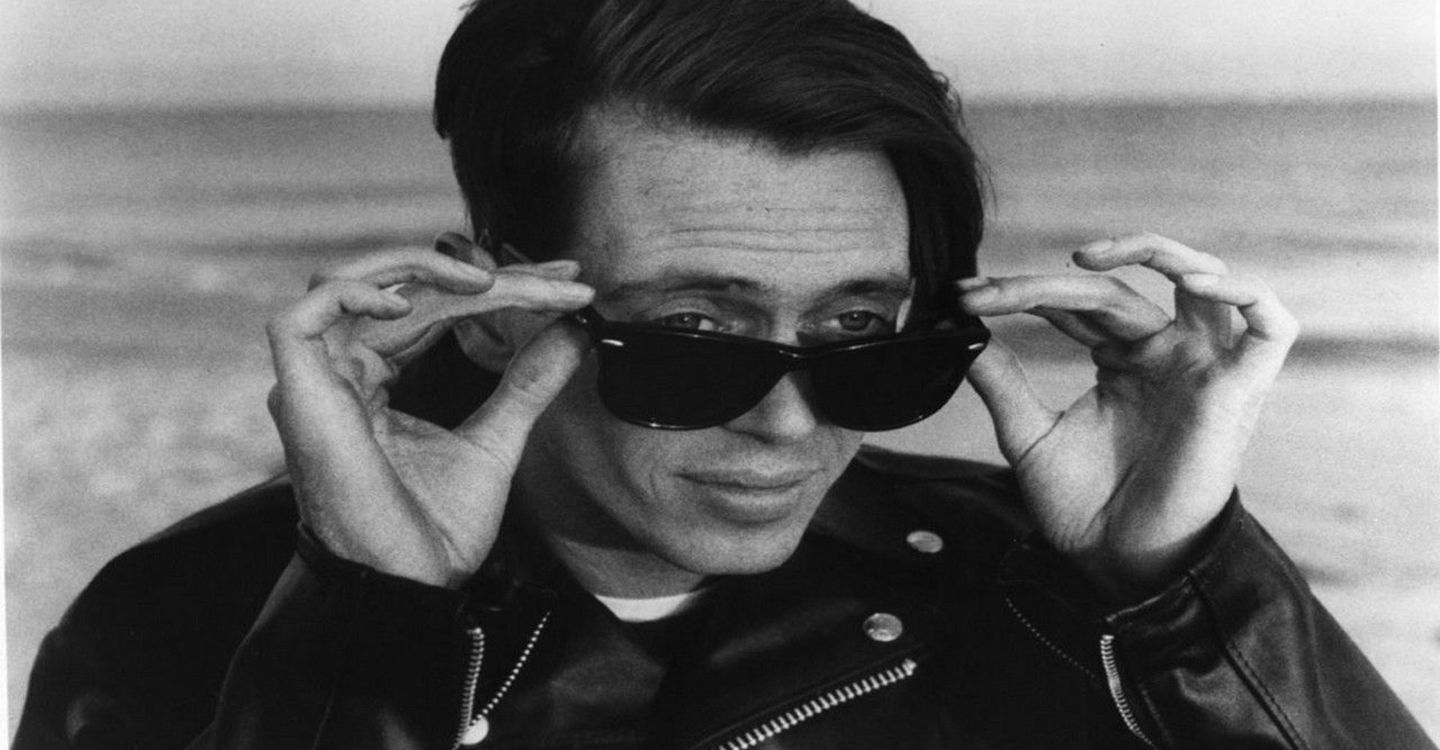
(Bill Sherwood, 1991) · The first mainstream film to directly address the AIDS epidemic shows gay life without the Reagan-era moralizing. The story is a 24-hour look into the lives of Robert and Michael, a gay couple living in New York, but the real focus of the movie is Nick (Steve Buscemi), an HIV positive musician. Buscemi, in a star making performance, gives a beautifully acted portrayal of an HIV positive gay man, adding grace and humanity to a stigmatized and stereotyped identity.
runtime: 90m format: 16mm
2/20/2017 @ 7:00 PM
Panic Bodies
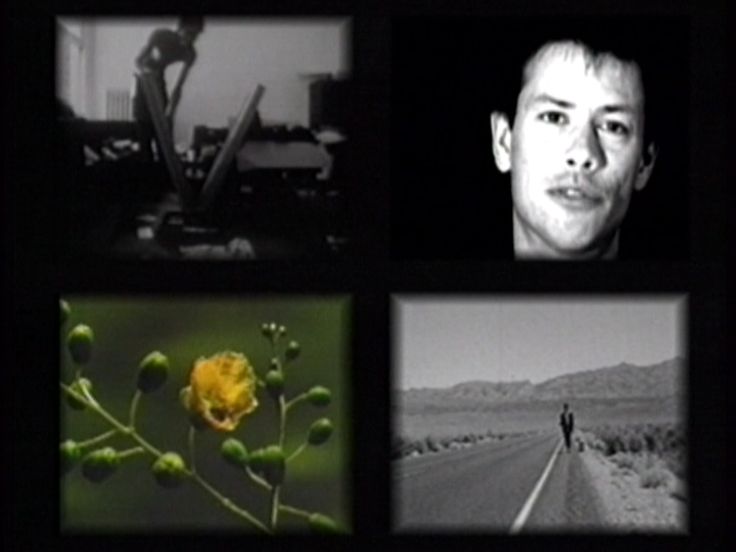
(Mike Hoolboom, 1998) · An experimental video diary, Panic Bodies is a six-part cinematic meditation on living, and dying with the AIDS virus. The film is a poetic and beautiful exploration in various formats and narratives of the experience of living with AIDS, of being determined by your identification with the virus, of living under the ticking clock of one's own imminent demise. A poem of a film, it keeps you enthralled throughout with its bold originality and cinematic beauty.
runtime: 70m format: 16mm
2/27/2017 @ 7:00 PM
Fast Trip, Long Drop

(Gregg Bordowitz, 1994) · A recently diagnosed Bordowitz is forced to stare down his own mortality. The film, loosely plotted around his memory of infection and anger at having been handed a death sentence, weaves scenes of intense personal vulnerability and political antagonism. Beautifully cut, this documentary combines a melancholic attachment to life with a fear and desire for death. The film plays alongside Bordowitz's "some aspects of a shared lifestyle." Co-sponsored by Video Data Bank at the School of the Art Institute of Chicago, vdb.org
runtime: 76m format: Digital
3/6/2017 @ 7:00 PM
Philadelphia
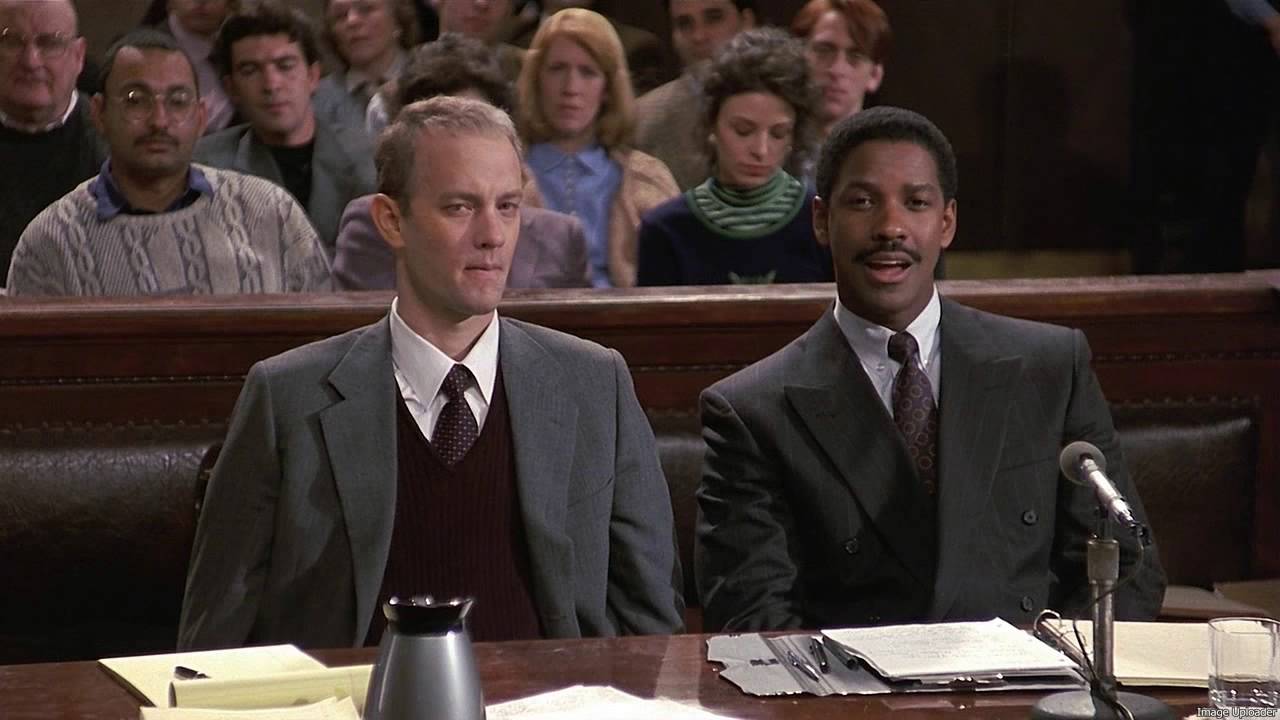
(Jonathan Demme, 1993) · One of the first big budget Hollywood films to treat the AIDS crisis, Philadelphia tells the story of an infected lawyer, Andrew Beckett, who is fired from his high profile law firm. Beckett hires Joe Miller, a homophobic personal injury lawyer, to press his wrongful dismissal case in court. The film humanizes Beckett and transforms Miller as the court case unfolds. A famous opening sequence lovingly captures the city and imbues the film with a liberal sentimentality.
runtime: 125m format: 35mm



